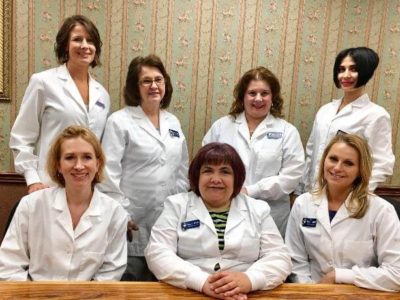Dansville and Bath Dental Professionals Urge Screenings During Oral Cancer Awareness Month

Your dental professional may save your life. Oral cancer is on the rise, with more than 49,000 cases projected to be diagnosed this year, and screening for this condition is more important than ever.
There are two distinct pathways by which most people come to oral cancer. One is through the use of tobacco and alcohol, a long term historic problem and cause, and the other is through the exposure to the HPV-16 virus, which is now the leading cause of oropharyngeal cancers in the US. Today, we are seeing young, non-smoking individuals as the fastest growing segment of the oral cancer population. When found early, oral cancers have an 80-90% survival rate. Unfortunately, the majority are found as late stage cancers and this accounts for the very high death rate of 43% at five years from diagnosis. Late stage diagnosis is occurring not because these cancers are hard to discover, but because of a lack of public awareness and screening.
At both Dansville Dental Professionals and Bath Dental Professionals, the dentists and hygienists provide oral cancer screening as part of the preventive care visit. Since April is National Oral Cancer Awareness Month, we want to take the opportunity to review the signs and symptoms of oral cancer:
- A sore or lesion that does not heal within two weeks
- A white or red patch on the gums, tongue, tonsil, floor of the mouth, inside of the cheek
- A lump or thickening of the cheek
- Difficulty chewing or swallowing
- Persistent sore throat, hoarseness, or changes in your voice
- Difficulty moving the jaw or tongue
- Swelling of the jaw that can cause a denture to fit poorly
- Persistent swollen lymph nodes under the chin and along the sides of the neck
With overall health being closely linked to oral health, it’s more important than ever that you have regular dental exams and screenings for conditions such as oral cancer. The hygiene teams in Dansville and Bath receive updates on the latest findings and are trained to screen for disease and cancer. In their role they not only provide cleanings, education and diagnostic x-rays but they are also integral to identifying patients at risk for oral cancer, periodontal disease and more.

